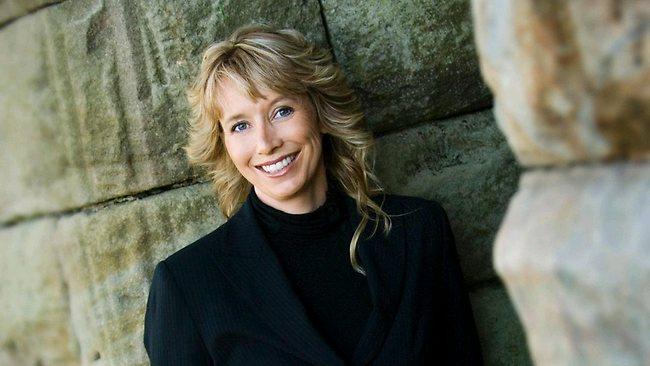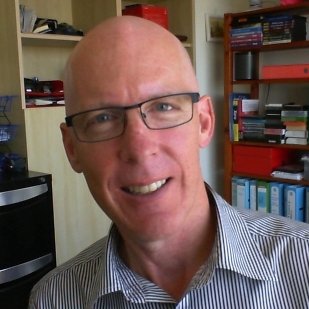Welcome to our series that showcases some of Australia’s innovators, movers and shakers in and around ICT.
This week, we talk to Liesl Capper Yearsley.
A career that's spanned medical school, a psychology degree, launching an education company, and a multi-million dollar technology sale to IBM may seem somewhat disjointed, but for Liesl Capper Yearsley it's a completely natural progression.
The Zambian-born entrepreneur says the common theme has been the connection between humans and technology. It's something that's captivated her since childhood and continues to drive her business aspirations today.
"I have always loved technology, ever since I was learning to code at the age of 12," she says. "I am fascinated by the intersection of the human mind and the computer."
This fascination has drawn her to a particular area of focus: the rapidly evolving field of artificial intelligence. Yearsley's work in AI began when, together with business partner John Zakos, she founded and was CEO of software company Cognea which developed virtual assistant technology. The firm later caught the attention of IBM which acquired it in 2014.
A non-compete clause meant Yearsley was unable to be active until January this year, but she now has ambitions for future endeavours in the AI space. While remaining coy on exactly what she is planning, her drive and determination remain as fierce as ever.
"AI is really my life's work," she says. "At Cognea, I was astounded by the impact even the primitive, early AI systems could have. If you can program an AI so that it acts like a human and really gets to know you, this can bring about massive behavioural changes."
Yearsley points to the current crop of AI devices -- such as Google Home and Amazon's Echo -- as early examples, but says the technology can do so much more than automate a house or order goods for delivery.
"I'm interested in building deeply personal AI that is a slave to you. Your goals become its goals and it helps you to reach them. It becomes more like an intelligent companion."
Yearsley says reaching this stage will require a very different approach to development and that is where her focus currently lies. She is convinced AI can be a positive force in people's lives and will benefit millions of people in coming years.
After starting medical school in Africa, Yearsley says a lack of funds meant she was unable to finish her degree. After completing studies in psychology, she established and was CEO of her first company, Toptots, which became a multinational education franchise.
Moving to Australia in the late 1990s, she founded and was CEO of search engine technology company Mooter which listed on the ASX in 2005. She followed this with the establishment of Cognea in 2006, driving it until its acquisition in 2014.
While currently based in Silicon Valley, Yearsley says she is planning to spend time back in Australia as her latest venture gathers steam. She intends to set up a development group here to take advantage of the "considerable IT talent" that exists in the country. "I have been able to attract people who are not just interested in making money, but also in the goal of having a positive impact on people's lives," she says.
Yearsley remains convinced that it is possible to grow a successful technology company in Australia, but says budding entrepreneurs may need to spend time overseas if they want to grow beyond a certain size.
"It's possible to become a multi-million dollar company, but if you want to become a billion-dollar company you'll need to have a significant presence offshore. You have to put yourself in front of people."
Yearsley became an ACS member in 2008 and says the benefits the organisation provides are "invaluable". "The networking is very powerful and it's great being around people who have achieved so much and have such a depth of experience," she says. "I would recommend that anyone who wants to be successful in IT should become a member."
Looking to the future, Yearsley remains convinced AI will shape the world in ways that have not yet even been considered. She does agree, however, that the area is currently generating considerable hype.
"At the moment, anyone who puts out a chat bot using someone else's platform says they are in AI," she says. "But we can go so much further. I believe that only AI can solve the biggest challenges that we are facing, such as our massively growing population and declining resources.
"There is just too much to be done, so building intelligent systems that are able to sort through information and make decisions is the only way we can scale."
If her track record is anything to go by, Yearsley will be leading the charge.
Liesl Capper is an Honorary Member of ACS.










